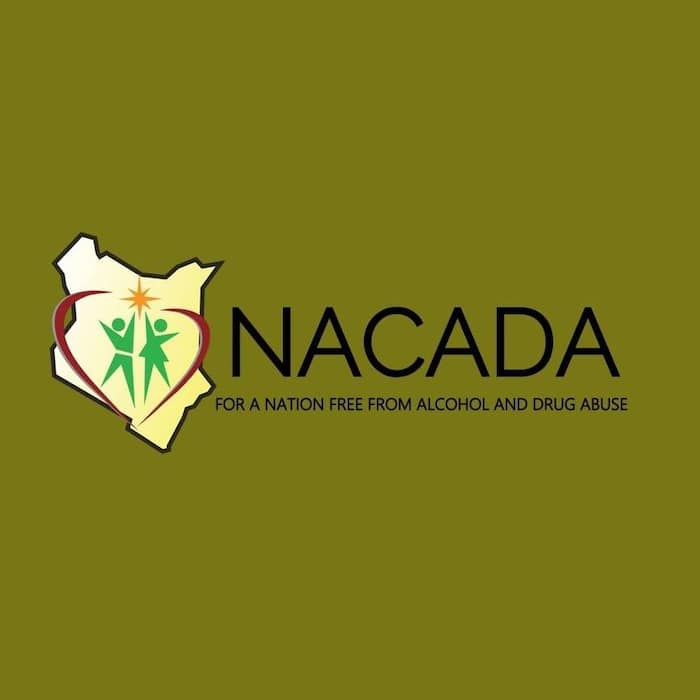Beware! Social media could be driving children to drug abuse

Simon Mwangi
Social media is inescapable in today’s world. Facebook, Instagram, Twitter, and multiple other platforms promote a constant connection with friends and family.
But is there a link between social media and drug addiction? What about alcohol addiction especially now that Covid-19 brought with it a proliferation of online alcohol dispensing outlets?
It’s probably not surprising that the largest group of people who use social media are aged 13 to 17.
Social media sites shape the lives of teens and young adults today. Many of them may find themselves subjected to a new type of peer pressure around drugs and alcohol on social media.
When teens see peers in their network engaging in risky behaviour, it might persuade them to also participate in the drug and alcohol culture.
Social media has desensitised children to drugs and alcohol at a much younger age.
They see celebrities, musicians and models glamorising or advertising certain products.
They, therefore, begin to equate substance use with having a good time. Teenagers who see their friends and family seemingly having fun while using drugs and alcohol may also feel left out.
Some may engage in risky behaviour to fit in. Teenage drug use or alcohol use can also stem from depression, as a way to cope.
Alcohol advertisers are especially blatant about publicising their brands on social media.
They often target social media users, glamorising and normalising use of alcohol.
Taking the initiative to have discussions on the dangers of alcohol abuse can seem rare.
One other way social media fuels dependence is the ease in which drug dealers can sell to customers.
Location-based apps are being used by dealers to sell to both teenagers and adults.
While social media sites claim they do their best to prevent the sale of illegal substances, it can be a challenge to follow through.
For example, many dealers won’t explicitly say they are selling drugs. Instead, they will use hashtags or coded language to alert buyers.
The ease in which some people can buy drugs can certainly fuel drug abuse.
Social media sites encourage users to post about the best aspect of their lives.
Most people post about vacations, job accomplishments and family, perhaps contributing to a feeling that someone’s friends and family are living fuller and richer lives.
Almost every teenager is active on a social media platform. While you should be concerned about the type of content your children are consuming, you shouldn’t panic.
While social media use increases the likelihood that teens will use alcohol, tobacco or marijuana, it doesn’t guarantee they will use illicit substances.
As a parent, you need to be aware of the marketing messages and risky behaviour displayed on social media.
Teens use the popular platforms to communicate with friends, view entertaining content, and even learn.
You probably don’t want to ban them from going online but you need to monitor them.
You also need to talk to them openly about the brands and individuals they follow and ensure they know the risks associated with substance abuse.
Peer pressure is a real concern, but parents still have influence.
If you suspect that your child is using or abusing drugs or alcohol, talking may not be sufficient.
You may need to seek professional help. Abruptly quitting alcohol or drugs is dangerous.
That’s why it is best to speak to a recovery specialist so your teen can begin to live a healthy life. — The writer is Corporate Communications manager, Nacada











